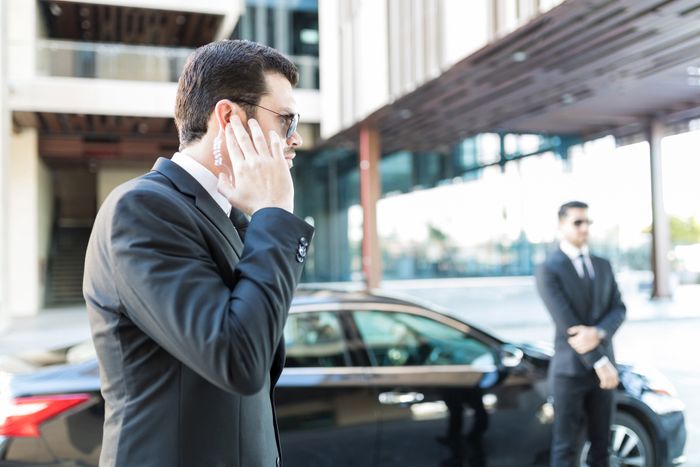
- May 2, 2022
- |bodyguard, security guard company
- | 0
Are Bouncers Considered Bodyguards? –
We are very upfront with our clients about what our security guards are responsible for when it comes to alcohol control in order to manage client expectations and limit liability. We frequently have to clarify that security guards are not bouncers, as well as the differences between the two. So, what’s the difference between Bouncers and Security Guards?
BOUNCERS
A bouncer is frequently hired directly by the owners of a bar, nightclub, or other entertainment venue to keep the peace. Bouncers are essential in situations where patrons or alcohol use may result in unwelcome or unlawful conduct, putting patrons and workers in danger. The following are some of the responsibilities of a bouncer:
- Checking for identification to make sure customers are of legal drinking age
- Refusing to let in inebriated customers
- When a customer is inebriated or rowdy, you might ask them to leave
- Knowing when to contact the authorities
- Keeping patrons safe from harm
- Defending themselves with adequate force
A bouncer is allowed by law to physically engage or restrain a person if it is in self-defense or for the protection of other patrons or personnel. When a patron uses physical force against the bouncer, the bouncer has the right to defend himself with equal force. Bouncers, on the other hand, are brought to court so frequently in the tavern industry that it’s regarded the single most preventable loss. As a result, if you’re the owner or manager, you’re still at risk of being sued for assault and related damages including medical costs, pain and suffering, and legal fees.
As a response, numerous states have implemented legislation requiring bouncers to be trained, licensed, and vetted, as well as having their criminal records checked. Some cities mandate that bouncers be registered and get appropriate training. People with certain prior criminal records are also prohibited from working as bouncers, according to the law, which is governed by strict guidelines.
SECURITY GUARDS
Rather than being employed directly by venue or bar owners, security guards are usually employees of a security business. This is advantageous to the owner because the guard is also licensed, bonded, and insured by the security firm. To further safeguard against responsibility, a security guard is trained and qualified in accordance with State legislation.
Individuals who own security guard companies and those who work for them are treated differently in each state. The Private Detective Act of 1953 establishes criteria for watch, patrol, and guard companies, as well as minimum recruiting standards.
Security officers are required to meet certain standards. Employees and subcontractors are registered as security officers, but security firm owners must be licensed. Security guards must undergo strict verification and training criteria. Businesses employing security officers are subject to a different set of rules than security companies.
To work as a security guard, candidates must complete training, pass a proficiency test, and pass a background check. They must also be eighteen years old to work as an unarmed guard and twenty-one years old to work as an armed guard. Law enforcement officers are not eligible for private security licenses.
Unarmed and armed security guards are best utilized as a highly visible deterrent to prevent undesired or illegal activities from starting or spreading out of control. They can carry out all of the same responsibilities as a bouncer, as well as additional chores to reduce responsibility and ensure everyone’s safety. Contact us for more information now.


